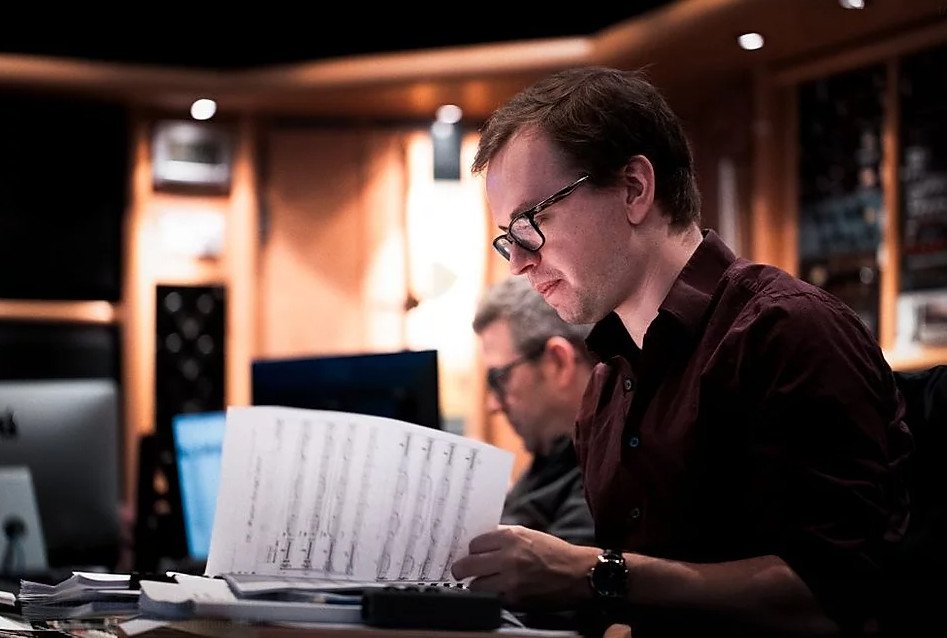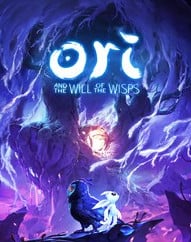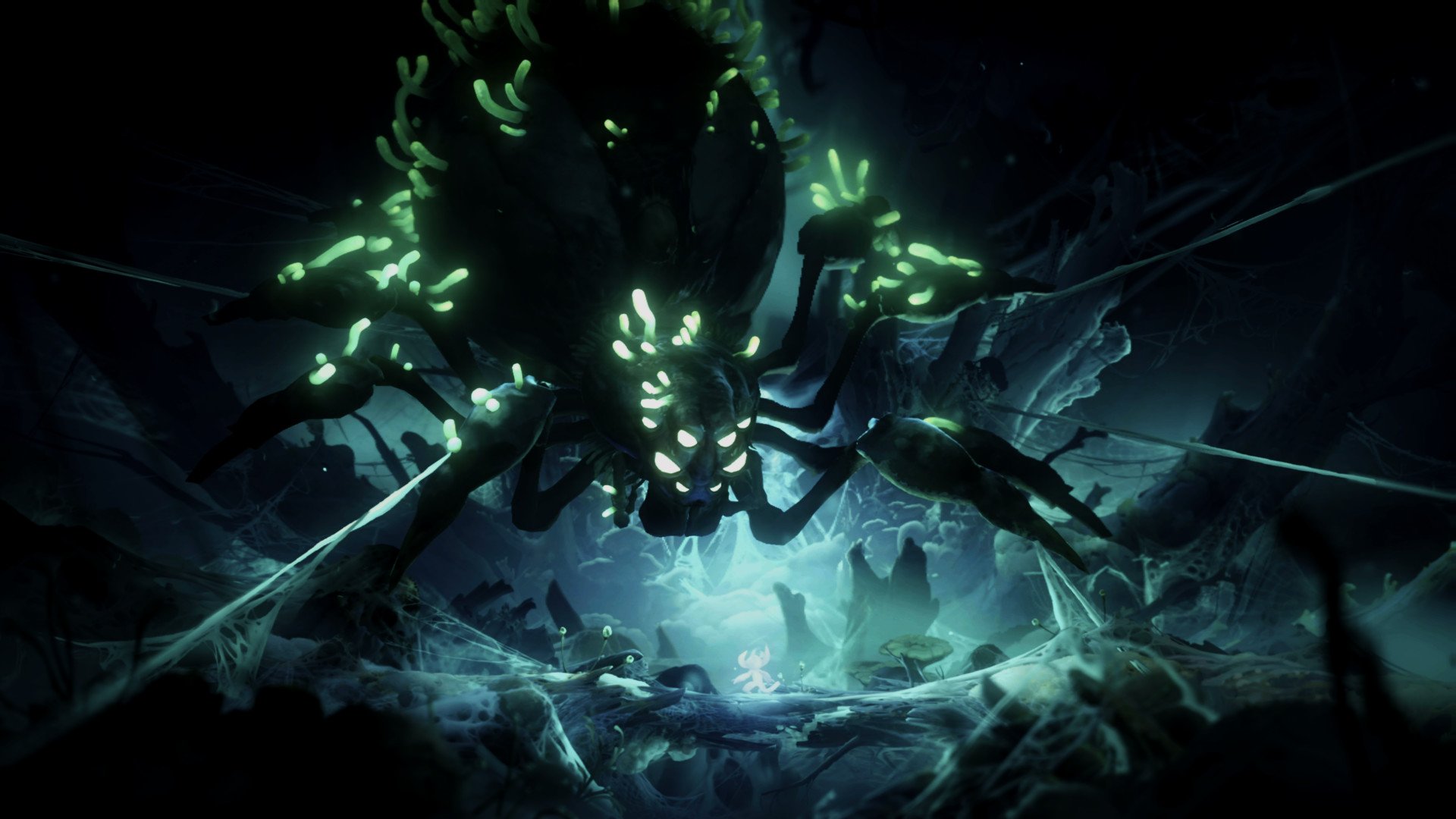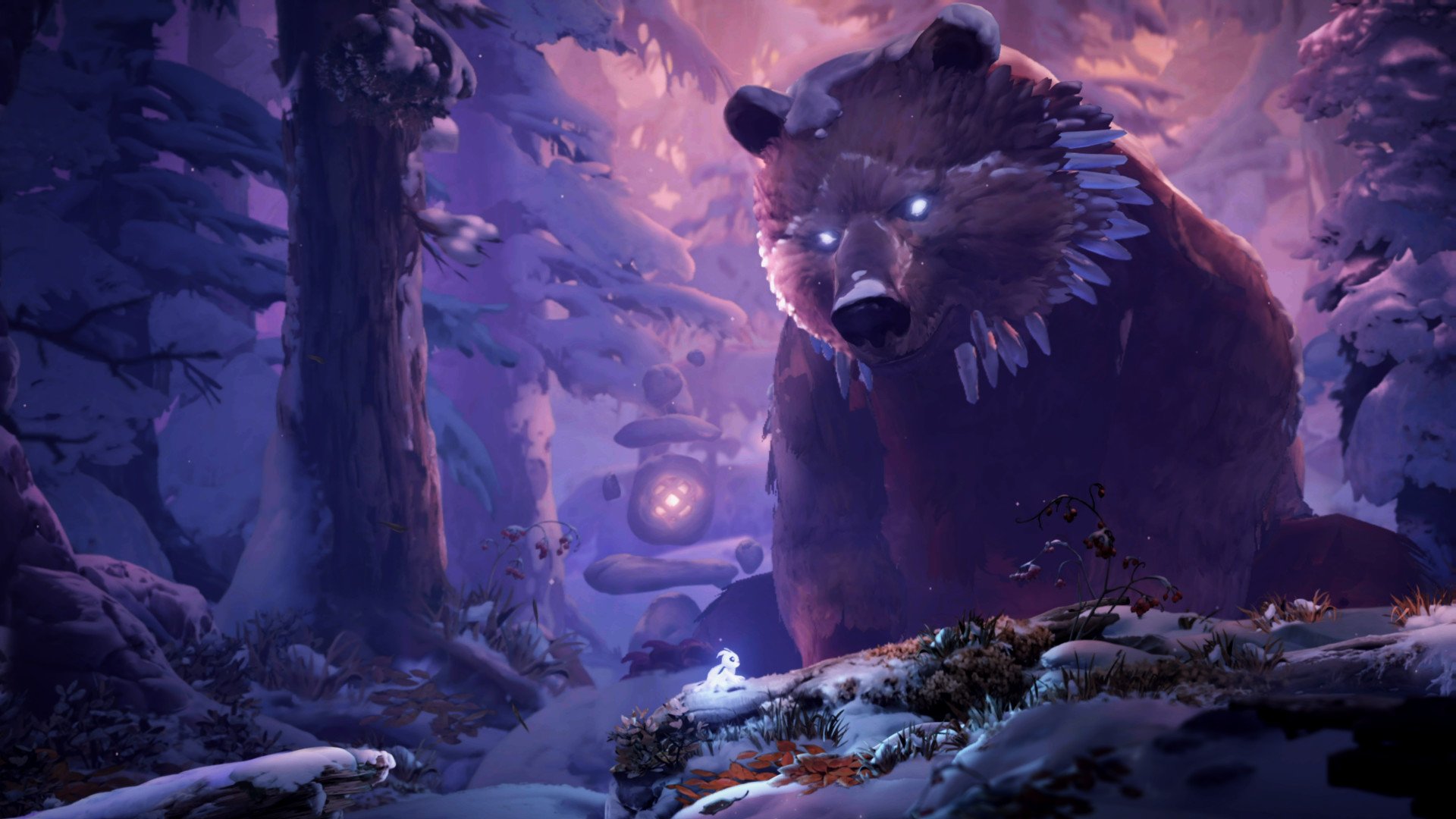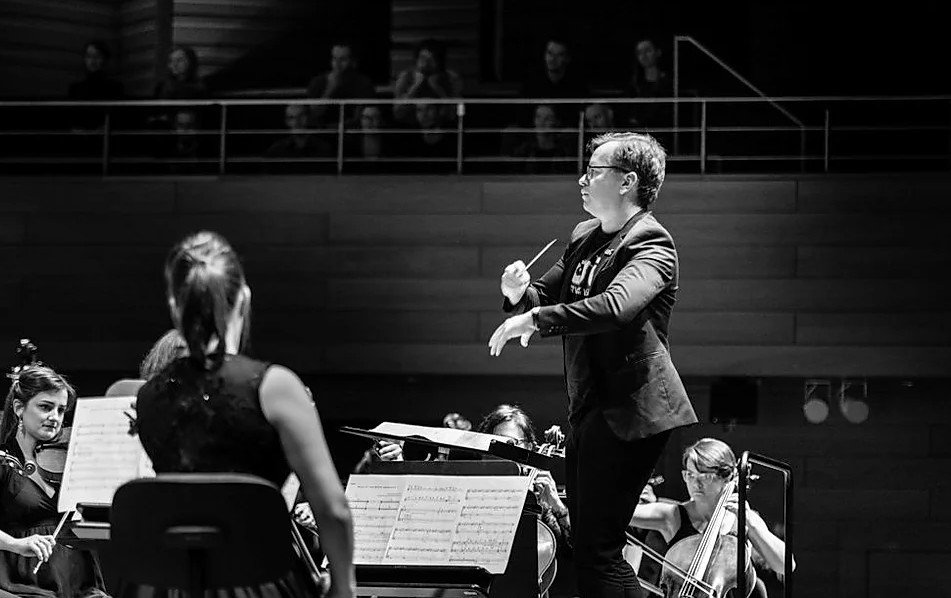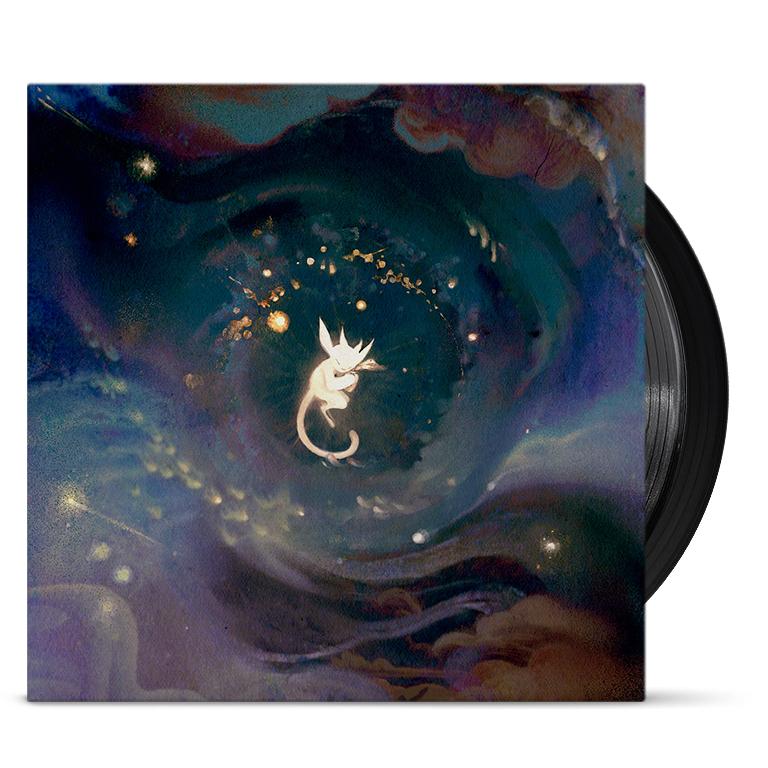Inside the majestic music of Ori and the Will of the Wisps with composer Gareth Coker
I recently connected with composer Gareth Coker to learn a little bit more about how video game composition works, how it pertains to the stunning music of Ori and the Will of the Wisps.
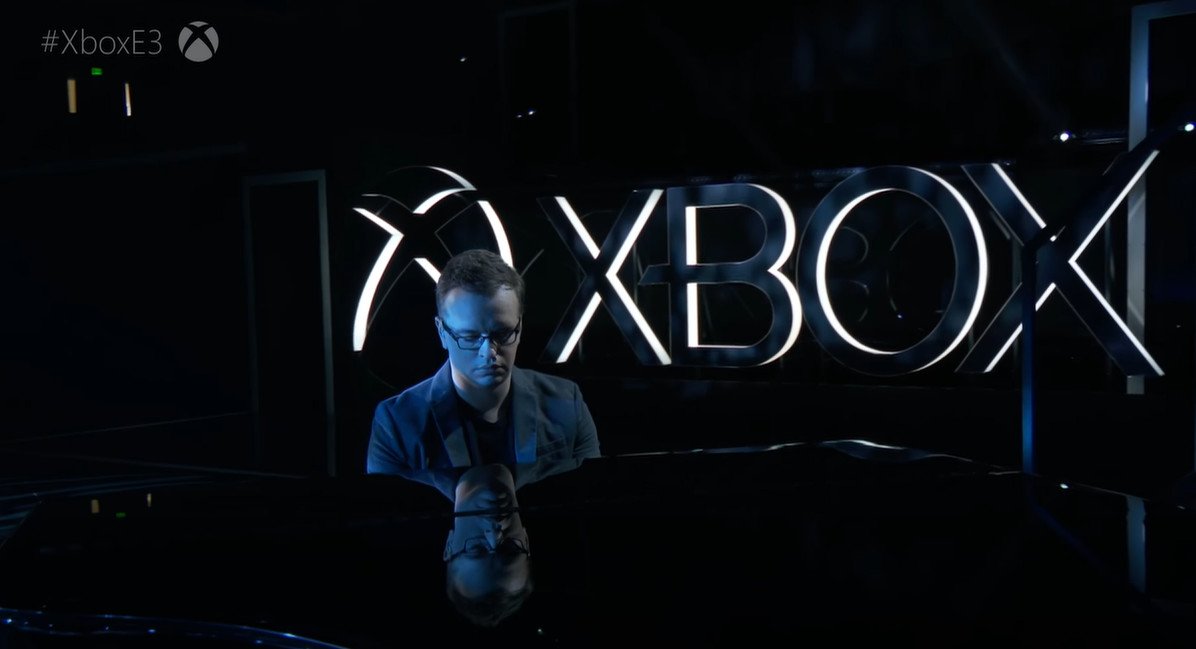
Ori and the Will of the Wisps is one of the few games I've played that feels so impeccably tight between all of its constituent parts, working in close harmony. A massive pillar of that is the game's music, which is a key element of breathing life and emotion into Moon Studios' stunning artwork.
I recently connected with Moon Studios collaborator and Ori composer Gareth Coker to learn a little bit more about how video game composition works and how it pertains to Ori and the Will of the Wisps. We also discussed how the industry could do more to build on the importance of music and musicians in the medium.
From Space Invaders to Primal Carnage, to Ori
Gareth Coker is a British-born composer who led the soundscaping for both Ori and the Blind Forest and Ori and the Will of the Wisps. Few games stick out in my mind for their music, but for me, Ori sits up there with the DOOMs and Final Fantasies of the world, for its majesty, complexity, and general beauty.
When I asked where Coker got his start in the business, he took me on a nostalgic trip down memory lane. Hearing about Coker's experiences with Amstrad and ZX Spectrum gaming as a youngster took me back to my own childhood days, with my trusty old Atari 2600. The music of those games was restricted to glitchy chip-tunes. Still, it was ultimately these experiences that led Coker forward into the gaming industry, spending his teens writing music and eventually ascending into music school itself.
My dad would give me a book of code and say, there's a game in there if you type up all the lines of code, and it was true, I typed in like 8000 lines for Space Invaders, and there it was on my screen. So, I feel like gaming is the medium that I understand the best.
I was a pretty good musician from fairly early on, but I didn't really start writing my own stuff until I was around 15. And I didn't really take it seriously until one of my teachers at school said that I should consider applying to music school."
What intrigued me about Gareth's story pertained to the emphasis on working with people, rather than music. Video games present a unique challenge that many of us take for granted, lining music up with storyboards, then animators, and then game mechanics as well, arguably more complex than building soundtracks for movies or shows. Gareth told me that it was time he spent in Japan, teaching English, which helped him develop and nurture professional relationships. He noted that the Japanese working culture and sense of togetherness helped build his own working sensibilities.
After working on student films, games, and independent titles like Primal Carnage, eventually, Gareth was contacted by Thomas Mahler from Moon Studios to score a game that hadn't even been named yet. That game was Ori.
Building Ori with Moon Studios
Every game studio has its own culture, many of which are currently being upended by work-from-home practices stemming from the global pandemic. Moon Studios was always a bit unique in this regard, already designed from the ground-up for the ability to work from home. Gareth Coker gave us a few more insights into Moon Studios' fluidity, and their uncanny ability to very closely marry all of their game's different elements, into a tightly-knit, cohesive whole.
All the latest news, reviews, and guides for Windows and Xbox diehards.
"We all have access to everyone else's material. It's very, very fluid. The onus basically is on you to find out what needs to be done. And to go and do it and to be proactive and ask questions. We had people jumping on all kinds of things that weren't necessarily in their actual job title. I had a big say in how all the trailers were put together. That's something I really care about. Not just putting the music together, but also the pacing, the editing, what we show. But, yeah, the team was super agile. And I don't think it's particularly common. I think we all felt the synergy between all of the elements.
Moon Studios' size created fluidity and agility, with everybody talking directly to each other, rather than going through leadership and other middle-management connective tissue that you often seen in larger teams. I ultimately think that reflects in the game's combat, visuals, and music, as almost uniquely cohesive — creating a whole that can be difficult to separate into different parts. They all just blend so well together, feeling as though the art informs the gameplay and vice versa.
The Coker orchestral process
I asked Gareth to offer some detail on how he collaborated with Moon Studios, step-by-step, to build the game's excellent score. For Gareth, the gameplay is key, playing a game while working music into it alongside it, rather than by working from concept art or a script. In a game like Ori that is about movement and interactive elegance, the importance to actually feel the game is probably elevated even further. The results speak for themselves, too.
"I will always load up the latest build and see what's ready to be worked on. Usually, something that's ready has the first pass of art in it. Even without art, it's useful to get a feel for the level design. But generally speaking, I don't write seriously until some of the art is in because what I'm looking at informs several decisions about what instruments I'm going to use. If the area is icy and cold, obviously I'm going to have different instruments compared to an area with a hot fiery area."But what I do is I record myself playing the game, five to six minutes of gameplay. And I literally take that video and put it in my music software, and I just write. The one thing I do also is I keep the sound effects active. So, there's no music in that video that I recorded, but there are sound effects. If I'm fiddling around with an idea that is kind of not meshing, I'll just start over again. I am constantly writing to real gameplay with vision, rather than just working off a piece of concept art, or you know, a script or something like that.
I asked if the game's music treatment had ever impacted the gameplay at all, changing and altering things. Gareth remarked that while not directly, building more choreographed sequences such as the chase scenes or Ori's evocative cutscenes are more of a back and forth process than perhaps other aspects of the score. Gareth also emphasized the importance of nailing the music in a game like Ori, which has no traditional dialogue.
The cutscenes are definitely a more back and forth process. Generally, the animation team or one of the artists put together a storyboard with a rough idea of what the timing is going to be. And I write to that storyboard. From that, it's very easy to tweak the length. So, I can write a piece of music that feels good to listen to musically. I'm not confined to the restraints of a time-locked picture. Then when I've done my first track, and the team hopefully likes it, then it goes back to the artists and animators, and then they do the real nitty-gritty with the art and animation and work with the music track to make everything sync up.
I remarked about how Ori seems to have very layered, dynamic music. The boss battles get gradually more dramatic the further in you go, and the chase sequences seamlessly blend into the overall score, dipping back and forth between cutscene and live gameplay. The soundtrack follows the goals of the game's other design elements, looking to subtly nudge you forward, and impart a sense of progress on the player as Ori grows.
After you defeat the spider, you get a brighter, more optimistic version of the dark melody that played when you first enter the area. It's just another little thing designed to reinforce the player that you're achieving stuff as you're moving forward in the game. Keep going. Keep going. As with all of the decisions with music changes, it is designed to subtly keep pushing the player forward. And it's not just music that does that obviously. We do want things to feel consistently new. It's like a ballet between all of the elements to make sure that you're not overwhelmed, but you're getting enough new stuff that you don't feel stuck either.
On the wider game music industry
Beyond Ori, I wanted to get a sense of where the wider music industry is as pertains to games. There's certainly a sense that some games outperform others when it comes to music, and I wanted to find out why that might be.
It's not that the other games don't place a higher priority on the music than us. Lots of decisions go into making music for games, and one of the silliest things is the "minute count." Many composers are — especially at the triple-A level — confined to a minute count. What that might mean is "the composer is going to write 100 minutes of music." And that's it. What does 100 minutes of music mean? Because, what if the game needs 102? Ori was different. The deal was "whatever music you feel the game needs," and this is the budget.We deliver stems of music. This music gets re-edited and made into new tracks to help extend the soundtrack. So what might get delivered is 100 minutes of music, but what actually ends up in the game might feel like a lot more, as a result. For some games, like open-world games, that actually makes a lot of sense. What I feel like is missing sometimes, especially in an open-world game, not everything is going to be memorable because of this. You don't need to write 200 hours of the most amazing music ever. What you do need to have, though, are "moments," and what a "moment" means differs from one person to the next.
Stems are essentially parts of a musical score that can be taken apart and re-cut, looped, and extended to create new-sounding tracks. Games with huge playtimes like open-world titles and RPGs will often re-cut music several times over to fit a broader gameplay length without everything feeling repetitive.
"Those impactful moments are what we remember. I'm definitely sure that we did that in Ori."
Without a particularly strong audio team, or a less restrictive minute count, Gareth argued that some of those more "handcrafted" moments can get lost in the ether, as a result.
With these big projects where music is delivered in stems, and then the music is edited, I would like to see more handcrafted music as well to go with those handcrafted moments in gameplay. I think the danger with these massive worlds and is that they can feel a bit copy and paste, and it can be the same for the music. I think it's a very tricky balancing act because there's pressure to make these gigantic game worlds. But if there's nothing memorable in the game world, then it just doesn't really matter how big it is.Let's just take Final Fantasy VII as an example because it's an easy one. There is that moment in the game, which, if you've played it, everyone remembers. That's what I'm talking about. That is why we play games, in my opinion. We don't need all 200 hours to be amazing. If I play a 200-hour game, though, and it gave me five moments like that one in Final Fantasy VII, it was totally worth it. Because those impactful moments are what we remember. I'm definitely sure that we did that in Ori.
Wrapping up with some favorite soundtracks
Gareth's emphasis on "moments" in games struck a chord in me (pun intended), especially given the example from that moment in Final Fantasy VII. Wrapping up, we spoke about some of Gareth's favorite soundtracks of recent times and further back, noting Final Fantasy, Bioshock, and the work that went into Assassin's Creed titles across the years. There was one title that stood out in particular for its audio work, the notable Hellblade, which won various awards for its claustrophobic sound treatment.
The first game I really remember loving, for moments, but also because of its soundtrack. It was the first game where you could kind of do whatever you wanted. It was the original Deus Ex. It's one of my favorite games of all time and has an amazing soundtrack. I know the franchise is on hiatus at the moment, but I really hope it will come back.More recently, and the ending of this game shook me to my core. Hellblade. Which, in my opinion, has some of the best audio in games of the last ten years. It's an absolute masterpiece, and I cannot wait for the second game, I hope they take their time.
Finally, a big thanks to Gareth Coker for catching up with us. You can see more of Gareth's work over here.
Video game discourse tends to focus on visuals, frame rates, resolution, gameplay, and so on. Still, I echo Coker's sentiments that it's often the music that can trigger memories of those game's most special moments. Every now and then, if you don't already, take a moment to put the controller down and really listen to the music in a game. It might surprise you.
Xbox
Main

Jez Corden is the Executive Editor at Windows Central, focusing primarily on all things Xbox and gaming. Jez is known for breaking exclusive news and analysis as relates to the Microsoft ecosystem while being powered by tea. Follow on Twitter (X) and tune in to the XB2 Podcast, all about, you guessed it, Xbox!
